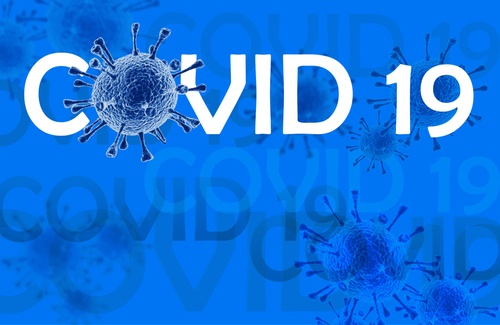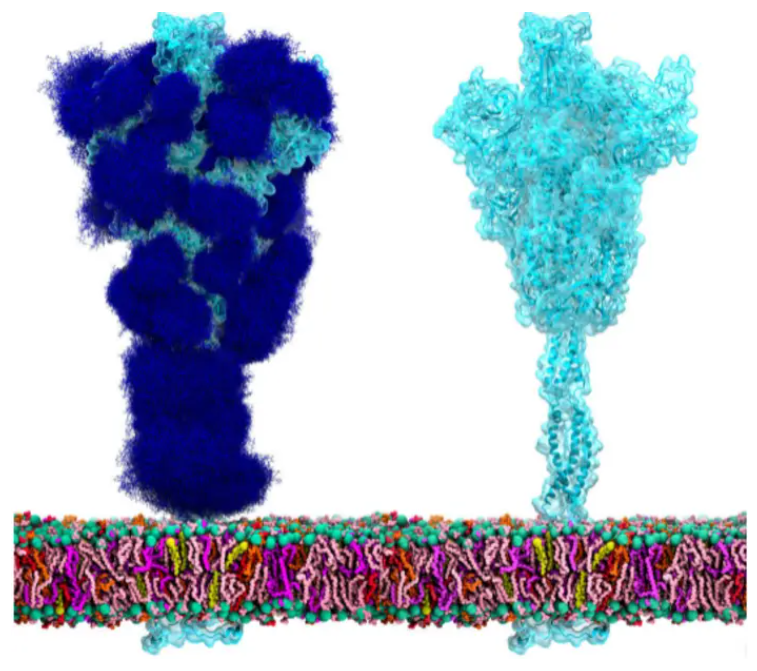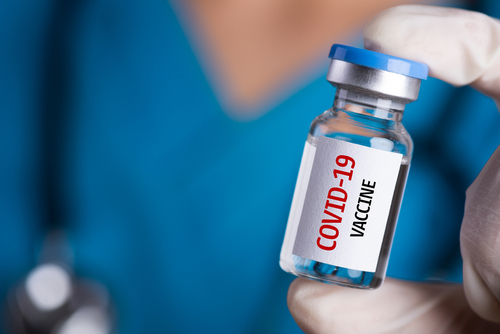
It has been well demonstrated that patients with systemic autoimmune rheumatic diseases (SARDs) are at higher risk of severe outcomes during acute COVID-19 infection, but the implications of other long-term complications of COVID-19 have been less elucidated. PASC, or post-acute sequelae of COVID-19, refers to persistent or new-onset symptoms following acute infection, often popularly called “Long COVID.” Because patients with SARDs are often at increased risk for severe, acute COVID-19 infection and may have impaired immune responses, a recent study sought to investigate the association of COVID-19 vaccination with risk of PASC in patients with SARDs [1].
The researchers from Mass General Brigham (MGB) performed a prospective, longitudinal study inviting patients to participate. The primary outcome was PASC (“long COVID”), defined as any persistent symptom at least 28 days post-COVID-19 infection (per US CDC definition) and a secondary outcome of persistent symptom at least 90 days post-COVID-19 infection (per the WHO definition). The exposure of interest was being fully vaccinated at COVID-19 onset versus partially vaccinated or unvaccinated status. Restricted mean survival time was used to assess differences in symptom-free time between those with breakthrough versus without breakthrough infection. Non-breakthrough COVID-19 infection was defined as being unvaccinated or partially vaccinated at the time of COVID-19 diagnosis. Multivariable logistic regression was performed to calculate the odds of PASC at 28 and 90 days, again comparing those with breakthrough versus without breakthrough infection.
Adult patients greater than or equal to 18 years of age with an immune-mediated disease diagnosis and a positive test for COVID-19 by PCR or antigen nasopharyngeal swab were recruited between March 2020 and July 2022. Researchers evaluated 280 patients in the study, with mean age 53 years, 80% female and 82% white race; a total of 41% were fully vaccinated, 28% partially vaccinated, and 11% unvaccinated. The most common rheumatic autoimmune diseases were inflammatory arthritis (59%) followed by connective tissue disease (24%) and vasculitis (9%). Researchers asked about COVID-19 symptoms and duration, any treatments prescribed, hospitalization, vaccination status, and time to COVID-19 symptom resolution. COVID-19 symptoms assessed included fever, sore throat, cough, nasal congestion, dyspnea, chest pain, rash, myalgia, fatigue, headache, nausea/vomiting, diarrhea, anosmia, dysgeusia, and joint pain.
Fully vaccinated patients were half as likely to have long COVID (PASC) symptoms at 28 days (adjusted odds ratio [aOR] 0.49) and 90% less likely to have long COVID 3 months after infection (aOR 0.10), after adjusting for comorbidities and use of four immune-suppressing medications (anti-CD20 monoclonal antibodies, methotrexate, mycophenolate or glucocorticoids). With regards to PASC by breakthrough infection status, those fully vaccinated (breakthrough infections) had significantly shorter symptom duration with an average of 21 additional days without symptoms in follow-up (p = 0.04) compared to those who were unvaccinated. Additionally, patient-reported pain and fatigue scores were lower in the vaccinated group compared to the unvaccinated. One interesting observation was the severity of PASC, as measured by the patient-reported measures for fatigue, pain, disability and health-related quality of life, was similar whether breakthrough or non-breakthrough infection.
Some limitations of the study include the evaluation at one academic healthcare system and limited racial/ethnic diversity of the cohort. Additionally, breakthrough infections were more often observed later in the pandemic when Delta and Omicron variants were circulating, and authors postulate some findings may be due to differences in the SARS-CoV-2 variant rather than vaccination effect. In the general population, observational studies have suggested those who are vaccinated prior to infection are at a reduced risk to develop long COVID symptoms and in those with long COVID that vaccination can improve symptoms for the majority of those battling long COVID symptoms [2,3]. This study offers an interesting perspective on the role of vaccination in reducing the rate of long COVID (PASC) symptoms in patients with rheumatic disease following acute COVID-19 infection, which can be included in patient counseling regarding the vaccines in those who are still unvaccinated.
References
[1] Patel NJ, Cook C, Vanni K, Fu X, Wang X, Kawano Y, Qian G, Hang B, Srivatsan S, Banasiak EP, Kowalski E, Bade K, Zhang Y, Sparks JA, Wallace ZS. Impact of vaccination on postacute sequelae of SARS CoV-2 infection in patients with rheumatic diseases. Annals of the Rheumatic Diseases, November 2022.
[2] Perlis RH, Santillana M, Ognyanova K, Safarpour A, Lunz Trujillo K, Simonson MD, Green J, Quintana A, Druckman J, Baum MA, Lazer D. Prevalence and Correlates of Long COVID Symptoms Among US Adults. JAMA network open 2022;5(10):e2238804.
[3] Strain WD, Sherwood O, Banerjee A, Van der Togt V, Hishmeh L, Rossman J. The Impact of COVID Vaccination on Symptoms of Long COVID: An International Survey of People with Lived Experience of Long COVID. Vaccines 2022;10(5):652.







 © 2025 Mashup Media, LLC, a Formedics Property. All Rights Reserved.
© 2025 Mashup Media, LLC, a Formedics Property. All Rights Reserved.